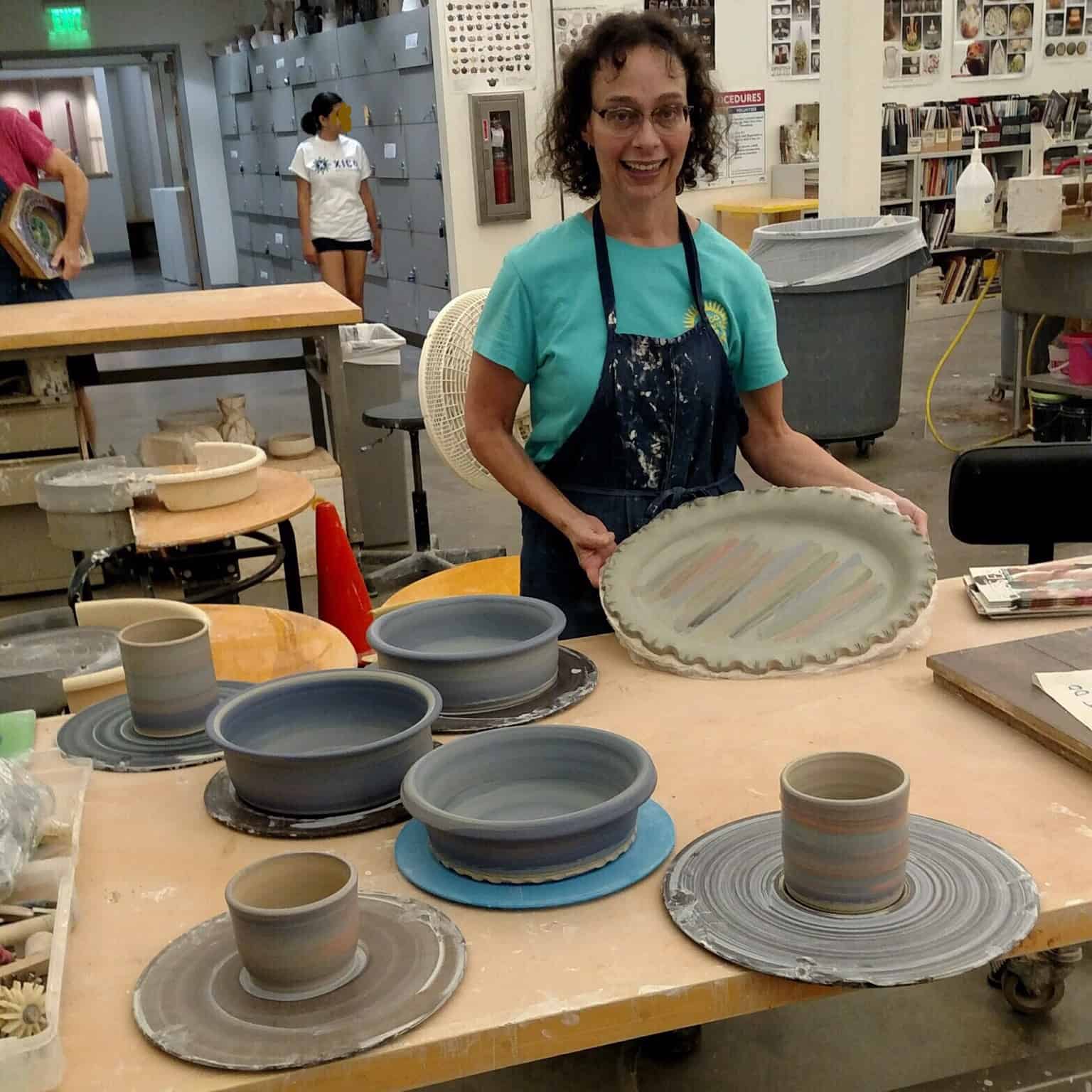I was chatting with a colleague the other day about writing and teaching kids to write, and how difficult it is. We came to the conclusion that the majority of us are afraid to be vulnerable (and creativity is extremely vulnerable), and that we can’t just do our own thing without comparing our output to others’ output.
Unless we’re directly competing for something that is valuable to us, there’s no need to compare our creative output with others’.
It’s OK for what you create to have flaws.
It’s OK to try but not have your finished product look or sound amazing.
It’s OK—it’s more than OK—to create just for the sake of creating, without intention of doing anything with the final product. You don’t have to record it or perform it or show it to anyone.
(And in the vein of comparison, in the words of a good friend, “Just because you’re the best doesn’t mean you’re good.”)
I am a writer. I am a musician. When I do these things just to enjoy them, when I don’t worry about the judgment of others (or of myself!), they’re fun. Sometimes healing. A good way to spend time.
When I judge them against the work of others, or worse, against what I think my output should be, they’re stressful and not at all enjoyable.
(This is different than constructive work simply to improve. In general, people enjoy getting better at things, even if it’s just incremental as we go.)
I enjoy drawing and painting. I love taking pictures. I’m not great at them. They’re still enjoyable. (Usually.)
There are so many outlets for creativity. Pick something you like, or something you’d like to try, turn off the inner critic, and do it.
A side note on the inner critic: for most of us, the inner critic is the voice of someone else(s) criticizing us when we were kids. (I know far too many people who were told by their music or choir teacher that they can’t sing.) In addition to telling those voices—sometimes out loud—that their opinion doesn’t matter, please see to it that your voice doesn’t become someone else’s inner critic.
Be creative. Let others be creative. It doesn’t have to be good. It just has to be.
